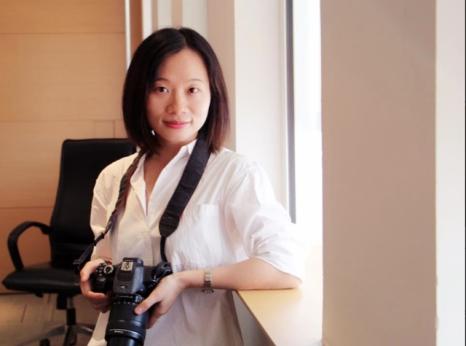China: Activists Charged With Subversion

Sophia Huang Xueqin is a journalist who has been involved in several #MeToo campaigns to provide support and assistance to survivors of sexual assault and harassment. She was previously detained between October 2019 and January 2020 and charged with “picking quarrels and provoking trouble” after writing about the 2019 mass protests in Hong Kong.
Labour activist Wang Jianbing (known to friends as “Pancake”) has provided legal support for people with disabilities and workers with occupational diseases. He is also a prominent supporter of the #MeToo movement in China.
Sophia Huang Xueqin and Wang Jianbing were arrested in the Chinese city of Guangzhou on 19 September, the day before Sophia Huang was planning to leave China for the UK to study for a master’s degree at the University of Sussex. Both Sophia Huang and Wang’s family only received the notice of their arrest in October 2021, more than a month after their arrest. It is believed that they were subjected to “residential surveillance at a designated location” (RSDL) (指定居所监视居住)for more than six months without access to their family members and lawyers of their choice prior to being formally detained at Guangzhou City No 1 Detention Centre.
Their detention is believed to be related to the weekly gatherings hosted by Wang at his house. These gatherings had been happening for almost a year before they were arrested. During these gatherings, they discussed the challenges faced by activists under the shrinking space of civil society.
After they were arrested, police raided Wang’s and Sophia Huang’s residences separately. The authorities took away many items including Sophia’s journal. It was also reported that Wang’s Facebook account was logged into by the police. More than 40 activists were questioned by the police after the arrest of Wang and Sophia Huang.
“Residential surveillance in a designated location” is a measure that, under certain circumstances, enables criminal investigators to hold individuals for up to six months outside the formal detention system in what can amount to a form of secret incommunicado detention. When held without access to legal counsel of their choice, their families or others, suspects placed under this form of “residential surveillance” are at risk of torture and other ill-treatment. This form of detention has been used to curb the activities of human rights defenders, including lawyers, activists and religious practitioners. Activists and human rights defenders continue to be systematically subjected to monitoring, harassment, intimidation, arrest and detention.